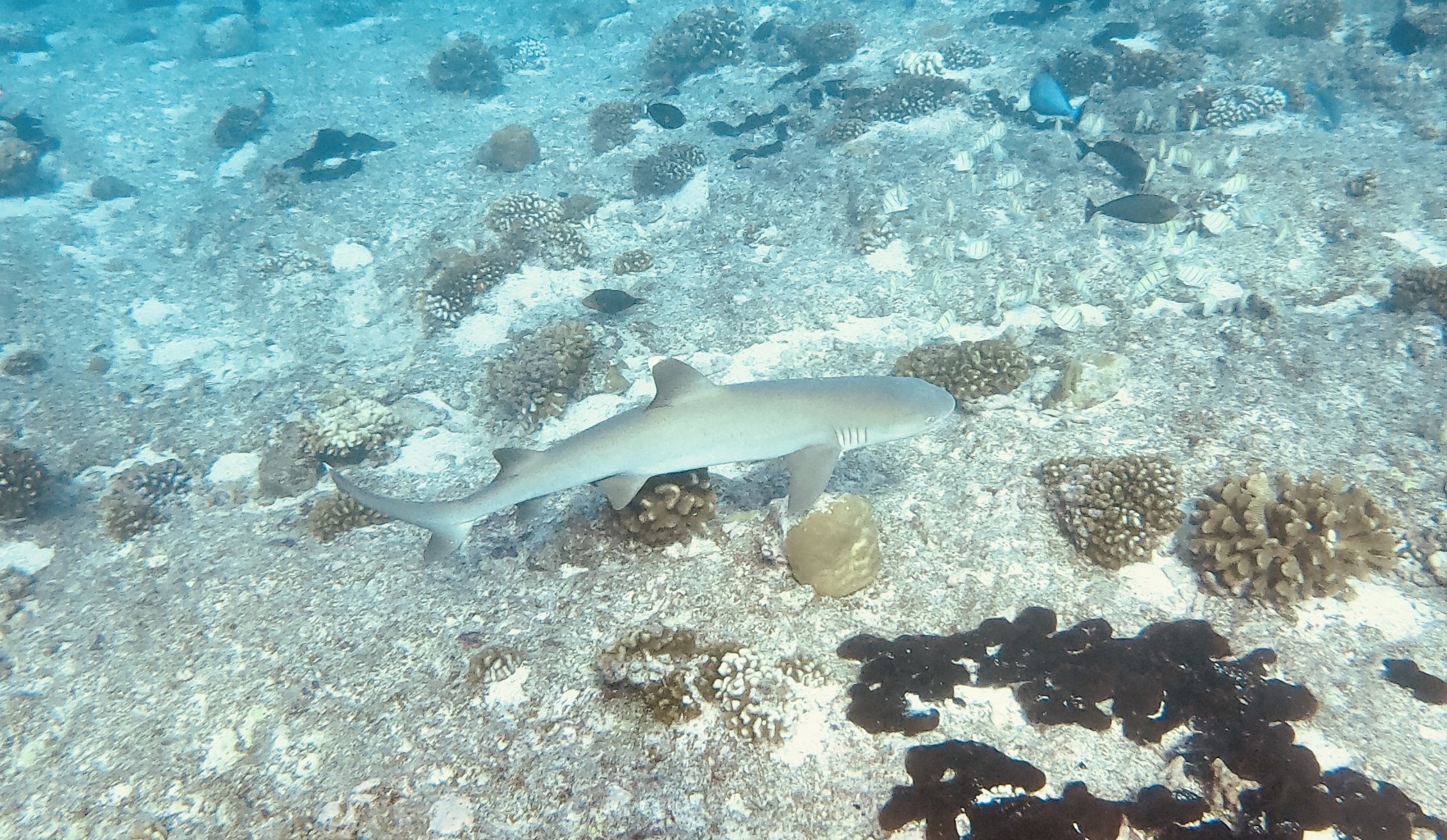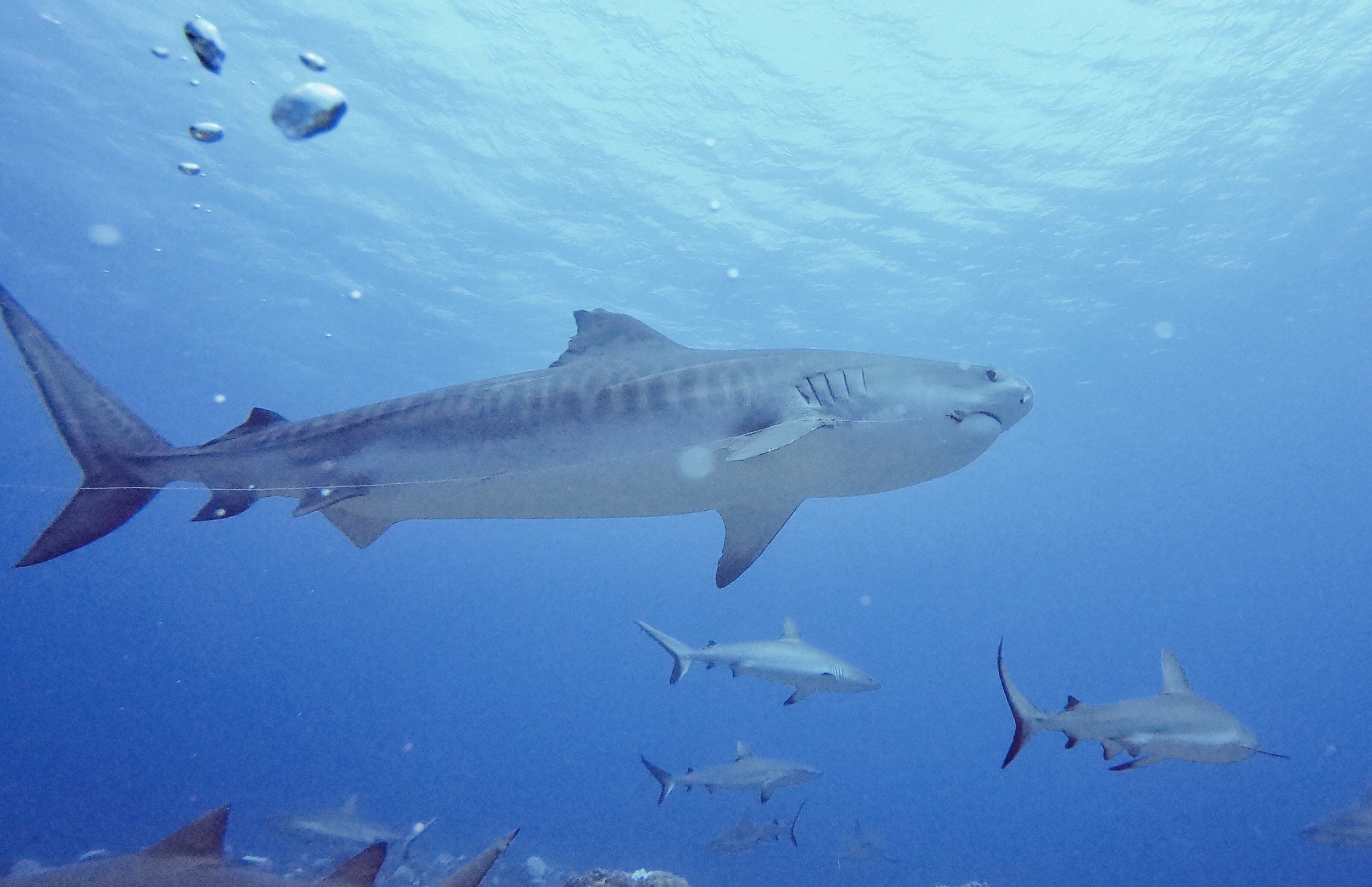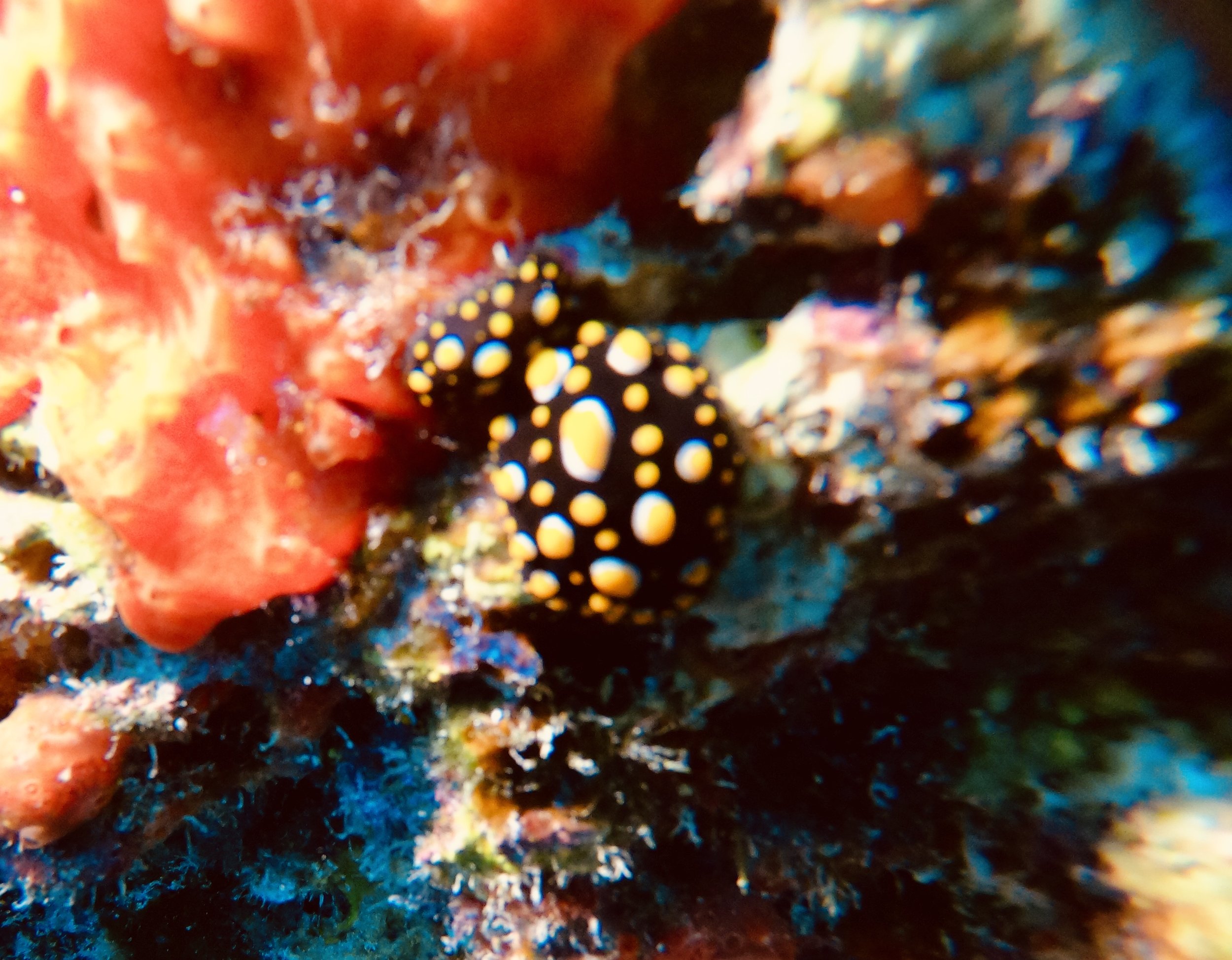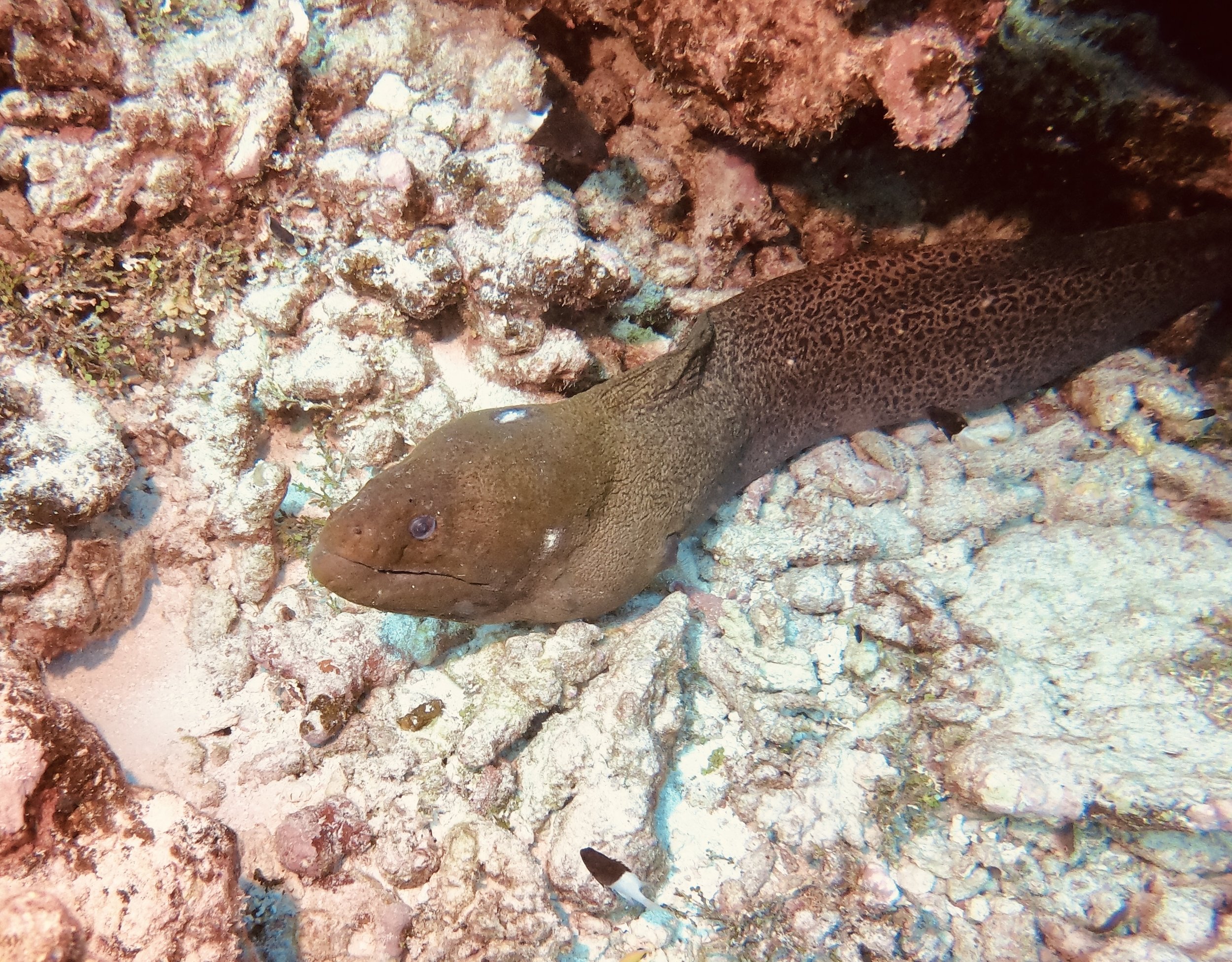Nurturing Our Love for the Ocean: An Integral Step for Marine Conservation
Dr. Tiffany Vora’s son gets scuba certified!
My son turned 10 years old last fall, which in our house meant one thing.
Time to get scuba certified!
My husband and I have both been diving for decades, so we’ve been excited to have our son join us. The pandemic complicated our plans to have him turn 10 underwater—like I turned 30 underwater, in my favorite Egyptian diving spot. But we also felt a pressing sense of urgency. Why?
💡 Because there is simply no time to waste when it comes to experiencing the beauty and wonder of our oceans. From the poles to the equators, from reefs in the shallows to the shadows of the darkest depths, our oceans are in crisis thanks to climate change.
The ocean has been our primary buffer against climate change, absorbing heat and carbon from human activity since industrialization. Today, we’re coming up to—and crossing—tipping points from which the ocean’s ecosystems may not be able to recover to former, familiar states.




With or without human help, microbes, animals, and plants are adapting to Earth’s changing conditions. But I believe that it’s not enough to rely on evolution—because the impacts of human activity are being felt on timescales far faster than evolution’s usual timescales.
I’ve been inspired by many people and organizations who are harnessing exponential technologies to drive innovations that protect our oceans. I’ve shared some links to these stories down in the comments.
When my son asks me whether he’ll get to see some of the amazing things I’ve seen while diving (warning: divers love to share stories!), I point to these efforts to give him hope.
💡 It’s important to remember that protecting the oceans isn’t just about fish. Billions of human lives all around the world critically depend on healthy oceans. Food, income, raw materials, and many of our cities are at stake.
Dr. Tiffany Vora spots a seahorse.
For now, I’m focusing on nurturing my son’s growing love of the ocean. His certification dives this winter were spectacular. Now he’s hooked. Just this afternoon he reminded me, for no particularly good reason, that he saw a seahorse before I ever did. (I spent 22 years looking!) And then he casually added, “Maybe we could go diving again soon?”
If I had my way, we’d already be packing.
If you can’t get to the water, check out some of my favorite works about the ocean:
Blue Planet and Blue Planet II
My Octopus Teacher (Netflix)
Chasing Coral (Netflix)
Fathoms: The World In the Whale, by Rebecca Giggs
The Silent World, a film by Jacques Cousteau
The Sea Around Us, by Rachel Carlson
And if you’ve ever wanted to scuba dive, don’t waste another day. I promise that you won’t be sorry!
Here are some ocean innovation stories you might enjoy:
The Race to Rebuild the World’s Coral Reefs
Connections between people and places
There’s Plenty of Fish-Cell Opportunities for Cellular Agriculture and Biomedicine
About Tiffany
Dr. Tiffany Vora speaks, writes, and advises on how to harness technology to build the best possible future(s). She is an expert in biotech, health, & innovation.
For a full list of topics and collaboration opportunities, visit Tiffany’s Work Together webpage.
Get bio-inspiration and future-focused insights straight to your inbox by subscribing to her newsletter, Be Voracious. And be sure to follow Tiffany on LinkedIn, Instagram, Youtube, and X for conversations on building a better future.
Donate = Impact
After a 19-day voyage to Antarctica aboard The Island Sky in November 2023, Tiffany has many remarkable stories to share & a wealth of insights to catalyze a sustainable future.
You can support her ongoing journey by making a contribution through her donation page. Your support will spread positive impact around the world, empower Tiffany to protect time for impact-focused projects, and support logistical costs for pro bono events with students & nonprofits.
Disclosure: I am an affiliate of Bookshop.org where your purchases support local bookstores. I will earn a commission if you click through and make a purchase.



